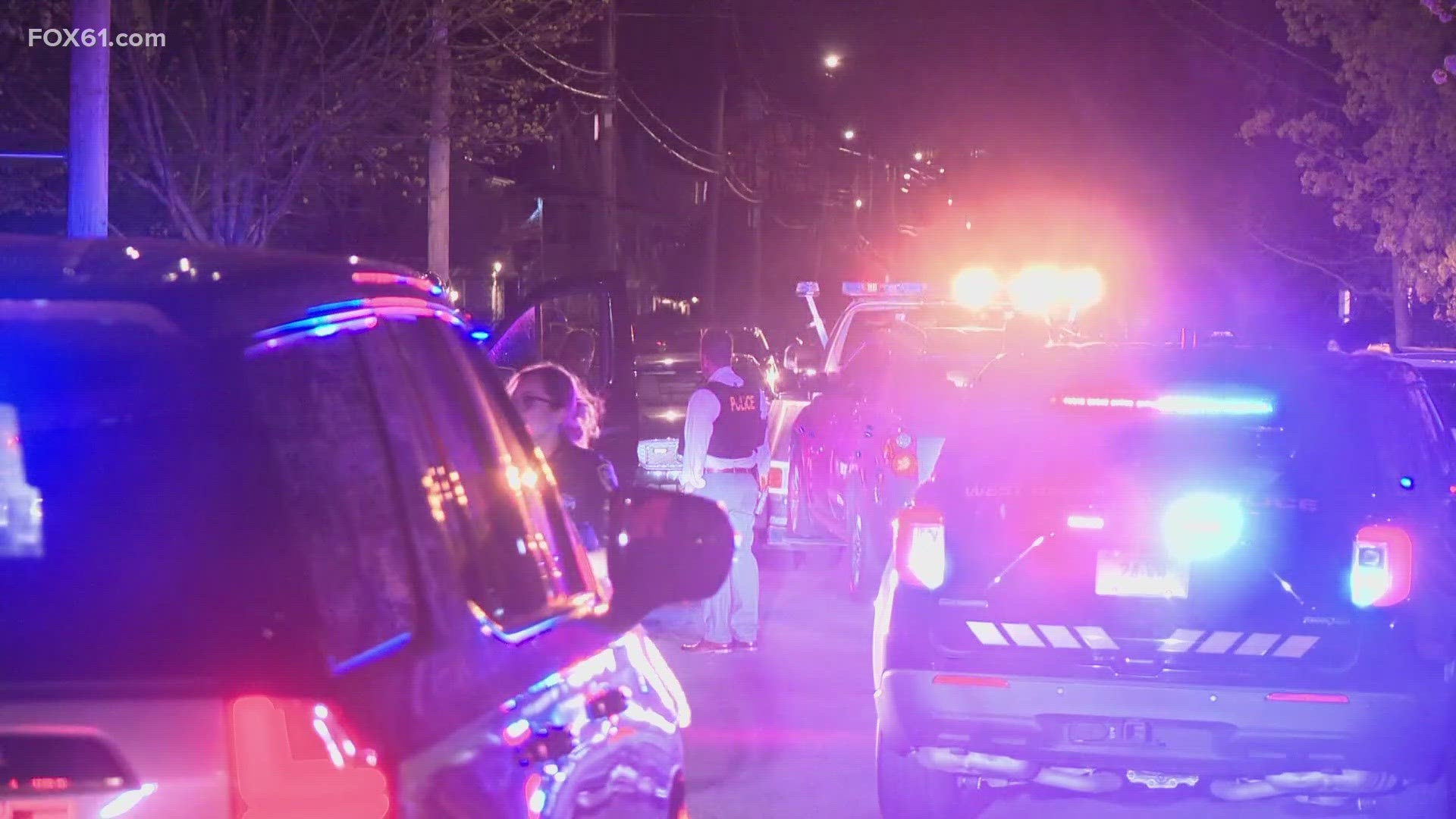The impeachment inquiry into President Donald Trump hosted back-to-back hearings Tuesday, leading to hours of testimony from four witnesses that will help set the stage for the rest of the public hearings scheduled for Wednesday.
Here are four themes out of Tuesday’s testimonies that will shape the impeachment hearings going forward:
Sondland in the hot seat
The pressure has been steadily mounting over the past few weeks for Gordon Sondland, the current US ambassador to the EU, who definitely has the most at stake when he testifies Wednesday morning.
Republicans are worried that Sondland could turn on Trump at his public hearing, and offer new testimony that could be damaging to the President, multiple GOP sources told CNN.
Some Democratic lawmakers have already accused Sondland of lying in his closed-door testimony — which could be a crime. Legal analysts have raised the possibility that he might refuse to answer some questions and cite his Fifth Amendment rights against self-incrimination.
That’s because he’s now in a tough spot. He already had to revise his testimony and admit that he told a senior Ukrainian official that they probably wouldn’t get the military aid until they publicly announced the investigations that Trump wanted. And new testimony last week revealed a previously unknown conversation between Sondland and Trump about the probes.
Right now, Sondland and his lawyers are probably trying to navigate the situation in a way that keeps him out of legal trouble but also doesn’t anger the President, all while answering questions truthfully and completely. Anything less could have some dire consequences.
Lt. Col. Alexander Vindman testified Tuesday that he told Sondland that it was inappropriate and had nothing to do with national security policy for Ukraine to launch those investigations. On Wednesday, lawmakers will surely ask Sondland how he responded to this and potential other warnings.
Reckoning ‘Biden’ versus ‘Burisma’
One sticking point for Sondland will be when he figured out that references by Trump and others to “Burisma,” a Ukrainian energy company, were actually references to former Vice President Joe Biden. (Biden’s son, Hunter Biden, previously served on Burisma’s board since 2014.)
Some other key players, including former US special envoy for Ukraine Kurt Volker, maintained that they viewed the two separately. It would be normal for Ukraine to investigate a Ukrainian company, whose oligarch owner had his own history with allegations of corruption. But Volker and other Trump officials maintained that they heard about “Burisma,” but never “Biden.”
“In hindsight, I now understand that others saw the idea of investigating possible corruption involving the Ukrainian company, ‘Burisma,’ as equivalent to investigating former Vice President Biden,” Volker said Tuesday, striking a new tone from his closed-door testimony. “I saw them as very different — the former being appropriate and unremarkable, the latter being unacceptable.”
Even though Trump clearly mentioned “Biden” on his phone call with Ukrainian President Volodymyr Zelensky, Sondland and the other diplomats said they weren’t briefed on that detail after the conversation.
Democratic lawmakers will surely press Sondland on this Biden/Burisma distinction, hoping to prove that he knew that this was a ploy to weaken Biden’s 2020 Democratic presidential campaign. Sondland’s current explanation is difficult to take at face value, because it would be strange for Trump to request an investigation into one very specific company that happens to be linked to his political rival.
Did Trump undermine existing US policy?
In their testimony Tuesday, Vindman and Jennifer Williams, an aide to Vice President Mike Pence, said the official US policy toward Ukraine did not call for any investigations into the Bidens. The implication is that Trump, in his call with Zelensky, asked for things that would help him politically but weren’t in the national interest.
Democratic lawmakers are sure to pose the same question to Deputy Assistant Secretary of Defense for Russia, Ukraine, and Eurasia Laura Cooper and State Department official David Hale, career officials who are closely involved with crafting and implementing the official US policy toward Ukraine.
In contrast, Sondland could be portrayed as working through the “irregular” foreign policy channel. He’ll have a chance to defend his actions, which he tried to do in his closed-door deposition, when he said he wasn’t thrilled about working on Ukraine issues with Trump’s personal attorney Rudy Giuliani, but he had no choice, because Trump directed him to coordinate with Giuliani.
The question of whether Trump undermined US policy is central to the inquiry. Democrats could draft an article of impeachment accusing him of abusing his power for personal, political gain. The witnesses on Wednesday could further establish that Trump’s insistence that Zelensky publicly announce the Biden probe was purely for politics.
Renewed focus on the military aid
Wednesday’s hearings will renew the focus on the $391 million package of US military and security assistance for Ukraine that was temporarily held up this summer at Trump’s direction.
Cooper previously told lawmakers the Pentagon certified that Ukraine was doing enough to combat corruption that it was eligible to receive millions of dollars in US military assistance. House Democrats could contrast her testimony with the explanations from the White House that the aid was withheld because of concerns that Zelensky and Ukraine might be too corrupt.
Democratic Rep. Eric Swalwell of California brought this up on Tuesday, and his fellow Democrats are sure to hammer that point home on Wednesday. It’s a strong rebuttal to Trump’s defense that he was fighting in good faith against corruption in Ukraine by seeking the investigations into the Bidens.
On the other hand, Republicans can rely on the argument that Ukraine got the money after all. Rep. Elise Stefanik, a New York Republican who has played a prominent role in public hearings, has made this argument several times, and she could press Cooper and Hale about it tomorrow.



